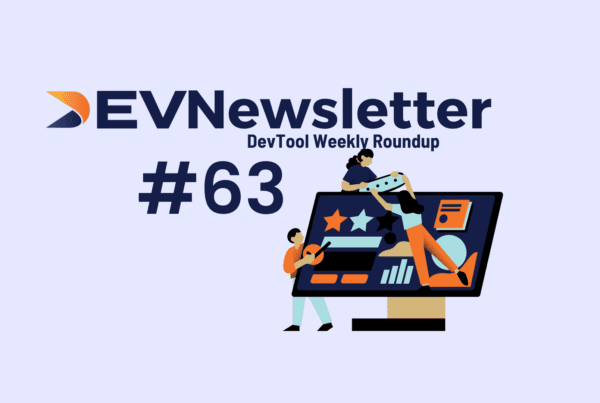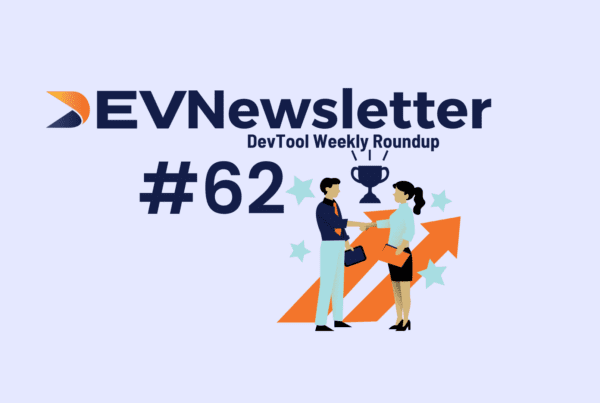As All Hallows’ Eve arrives we prepare for chills, thrills and trick or treaters. For tech employers, it’s a timely reminder of the haunting complexities in recruitment. Developers often find themselves in a maze reminiscent of haunted houses, facing ghostly job descriptions and outdated tech demands. For companies, understanding these real-world challenges is crucial. In this post we unravel the scary truths of tech hiring and offer insights and advice for a smoother recruitment journey.
🎃 1. The Phantom Job Descriptions:
Just as ghosts are vague and hard to grasp, so are many job descriptions.
Developers find themselves lost in a fog, trying to decipher what the role actually entails. Do not use a ‘boiler plate’ job description. You want to make the developer excited when the read it, what will they get to do in the first 12 months? What will they be in charge of? Who will they work with? What is the growth trajectory?
A clear, concise job description not only attracts the right candidates but also sets the right expectations.
🕷️ 2. The Cobwebbed Tech Stack:
Coming across outdated technologies in job requirements is like walking into a room full of cobwebs.
Most developers look for opportunities to work with modern and relevant technologies.
Companies clinging to legacy stacks might spook potential talent away.
🕸️ 3. Ghosting After Interviews:
The specter of silence after an interview can be more chilling than a ghoul’s whisper.
Communication is key. It shows respect for their time.
Be aware that software developers talk, and if you get a reputation for ghosting candidates, you will struggle even further to hire the best. 91% of workers surveyed in one study says it makes them think less of a brand. Candidates who experience ghosting are unlikely to apply for the same company again or recommend it to others [1]. Think of your Employer Branding!
Even if the news isn’t positive, developers appreciate being informed rather than left in the dark – as does everyone!
🦇 4. The Dracula-style Time Drain:
Lengthy hiring processes that suck the time and energy out of candidates can be draining.
To give you context, the average time needed to hire a software engineer is 35 days. However, this will vary depending on the level of role you have open and of course the size of company – smaller companies tend to make faster decisions. For more senior roles, the hiring time can reach up to two months [2] or more.
Developers value their time, and a prolonged process can make them question the company’s efficiency.
🌌 5. The Bewitched Coding Tests:
Coding tests can sometimes feel like cursed puzzles.
While they are a valuable tool to assess a developer’s skills, they should be relevant, reasonable in length, and reflective of real-world challenges.
In addition, developers often ask about information about the coding challenges in advance so they can prepare accordingly and feel more at ease during the assessment.
“What can you tell them about the question format? The technologies? The evaluation criteria? The duration?”
Remember though, if you share this information with one candidate, share it to all so as to keep a level playing field. [3]
Tools such as CoderPad, Coderbyte and Codlity_ offer coding assessment that can help streamline and make these experiences more relevant for the job and more enjoyable for the candidate.
🌽 6. The Labyrinth of Automated Systems:
Navigating automated application systems can be as confusing as a haunted maze.
Automation can indeed help with keeping candidates in the loop and help streamline initial assessments, but these shouldn’t be at the cost of human interaction.
A lack of human touch or receiving generic rejection emails can make developers feel like they’re just another number, and this will again affect your candidate experience negatively.
Every developer hopes for a hiring process that’s more treat than trick. Companies can make their recruitment less daunting by understanding these concerns and making the experience as transparent, efficient, and respectful as possible. As tech recruiters, we speak to developers day-in, day-out and know what they like and don’t like, so if you’re not sure – speak to us! We can take these ‘fears’ into account to improve our methods and yours and ensure the best experience for our candidates.



